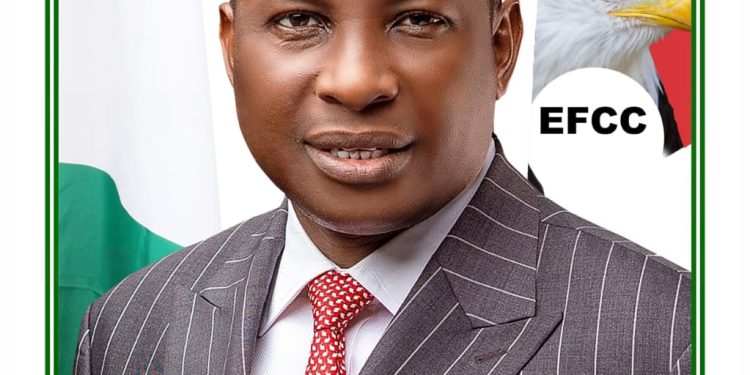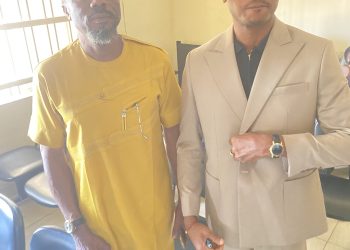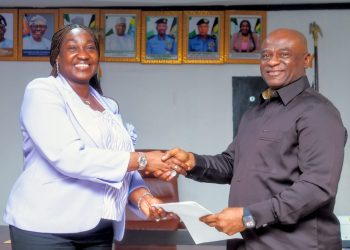By Nkechi Eze
In a clear demonstration of the Federal Government’s resolve to make anti-corruption efforts directly beneficial to citizens, the Economic and Financial Crimes Commission (EFCC) under the leadership of Mr. Ola Olukoyede has channelled over ₦100 billion of recovered public funds into national development programmes, a move that aligns squarely with President Bola Ahmed Tinubu’s economic renewal and social intervention agenda.
The EFCC confirmed that the funds, painstakingly traced and recovered from proceeds of corruption, have been reinvested into two key social investment programmes, the Students Loan Scheme and the Consumer Credit Scheme, both central pillars of the President’s economic vision to empower young Nigerians, expand access to education, stimulate productivity, and rebuild public trust in governance.
According to the Commission, the decision to allocate recovered assets to critical social sectors was informed by a deliberate shift from punitive enforcement to value-driven restitution, ensuring that looted public funds are redirected towards initiatives that directly improve citizens’ welfare and national development outcomes.
President Tinubu’s Renewed Hope Agenda places strong emphasis on youth empowerment, financial inclusion, and access to affordable education and credit. By supporting the Students Loan Scheme, the EFCC’s recovery programme is directly funding opportunities for thousands of young Nigerians to access tertiary education without the crippling burden of financial exclusion. Similarly, the investment in the Consumer Credit Scheme underscores government’s commitment to expanding access to credit for low- and middle-income citizens, a strategy aimed at stimulating domestic demand, boosting entrepreneurship, and driving sustainable economic growth.
Beyond funding national development programmes, the EFCC also disclosed that portions of recovered funds were remitted to strategic federal agencies such as the Niger Delta Development Commission (NDDC), Asset Management Corporation of Nigeria (AMCON), Federal Inland Revenue Service (FIRS), and the National Health Insurance Authority (NHIA), further strengthening institutional capacities and fiscal accountability.
By aligning asset recovery with tangible public investment, the Olukoyede-led EFCC has effectively repositioned anti-corruption as a tool of economic recovery and national renewal, ensuring that funds once stolen are reintegrated into productive use to serve the Nigerian people.
This strategic deployment of recovered assets stands as one of the most practical reflections of President Tinubu’s Renewed Hope philosophy, transforming the dividends of anti-corruption into measurable social and economic impact, while reinforcing public confidence in both the EFCC and the broader reformist vision of the administration.
As Nigeria continues to navigate economic reforms, the EFCC’s initiative under the astute leadership of Ola Olukoyede not only strengthens accountability but also underscores a new paradigm: one in which every kobo recovered from corruption becomes an instrument for rebuilding the nation’s future.















